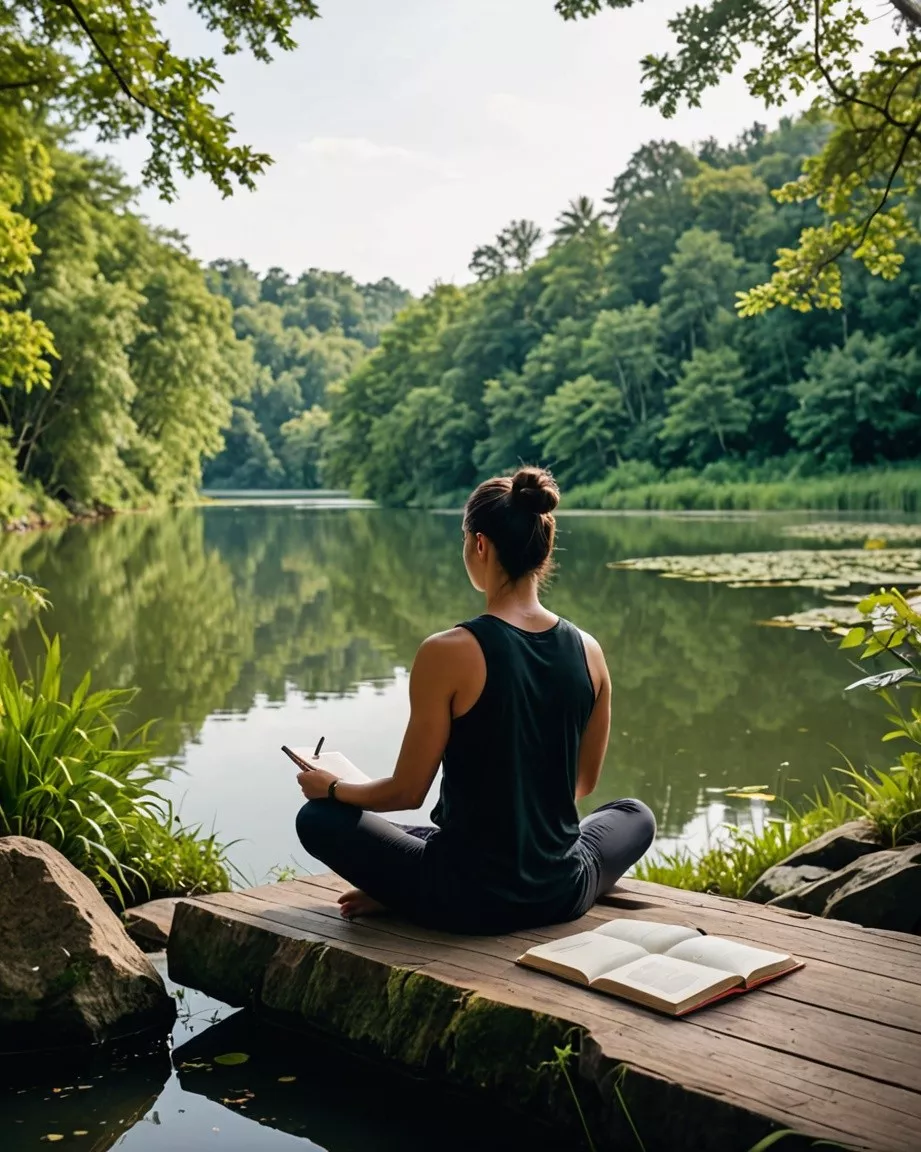Introduction:
Embarking on a journey of self-discovery is one of the most rewarding paths you can take. Understanding who you are at your core can lead to more fulfilling relationships, better decision-making, and a profound sense of peace. This article explores ten powerful ways to discover yourself and begin your inner journey.
Practice Mindfulness and Meditation:
Mindfulness and meditation are essential practices for self-awareness. By dedicating a few minutes each day to focus on your breath and be present in the moment, you can gain clarity on your thoughts and emotions. This practice helps reduce stress and fosters a deeper understanding of yourself.
Journaling for Self-Reflection:
Journaling is a powerful tool for introspection. Writing down your thoughts and feelings can help you process your emotions and identify patterns in your behavior. Use prompts like “What are my core values?” or “What are my greatest strengths?” to guide your reflections.
Explore Your Passions and Interests:
Discovering your passions is a key aspect of self-discovery. Engage in activities that excite and inspire you. Whether it’s painting, hiking, or coding, exploring your interests can reveal your innate talents and bring joy into your life.
Set Personal Goals and Intentions:
Setting goals provides direction and purpose. Use the SMART criteria (Specific, Measurable, Achievable, Relevant, Time-bound) to create clear and attainable objectives. Personal goals encourage growth and help you understand what truly matters to you.
Seek Feedback and Perspectives:
Feedback from trusted friends, family, or mentors can provide valuable insights into your personality and behavior. Be open to different perspectives and constructive criticism, as they can highlight blind spots and areas for improvement.
Embrace Solitude:
Spending time alone is crucial for self-reflection. Solitude allows you to disconnect from external influences and tune into your inner thoughts and feelings. Activities like nature walks or solo trips can provide the space needed for introspection.
Analyze Your Strengths and Weaknesses:
Understanding your strengths and weaknesses is vital for personal development. Conduct a personal SWOT analysis (Strengths, Weaknesses, Opportunities, Threats) to assess yourself objectively. This practice can guide you in making informed decisions and pursuing personal growth.
Cultivate Emotional Intelligence:
Emotional intelligence involves recognizing and understanding your emotions and those of others. Improve your emotional intelligence by practicing active listening, empathy, and effective communication. This skill enhances your relationships and self-awareness.
Learn from Past Experiences:
Reflecting on past experiences, both successes and failures, provides valuable lessons. Create a life timeline to identify key turning points and the insights gained from them. Understanding how past experiences shape your beliefs and behaviors is essential for personal growth.
Stay Open to Change and Growth:
Self-discovery is an ongoing process that requires adaptability. Embrace change as an opportunity for growth rather than a setback. Cultivate a growth mindset by focusing on learning and improvement rather than perfection.
